Find Help
More Items From Ergsy search
-

Heart Attack Stories | NHS
Relevance: 100%
-
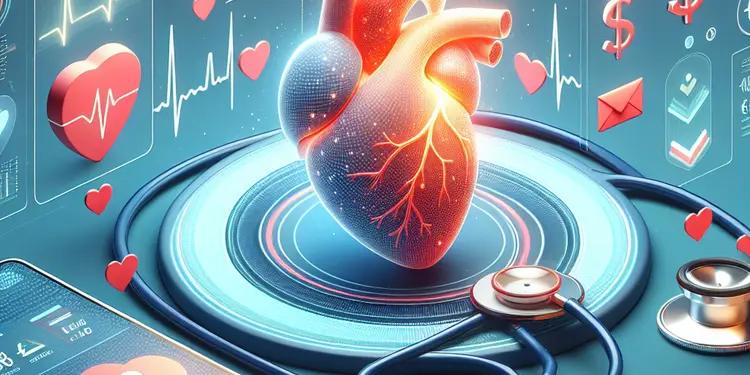
Is it possible to prevent a heart attack?
Relevance: 100%
-

Heart Attack Stories | NHS
Relevance: 99%
-
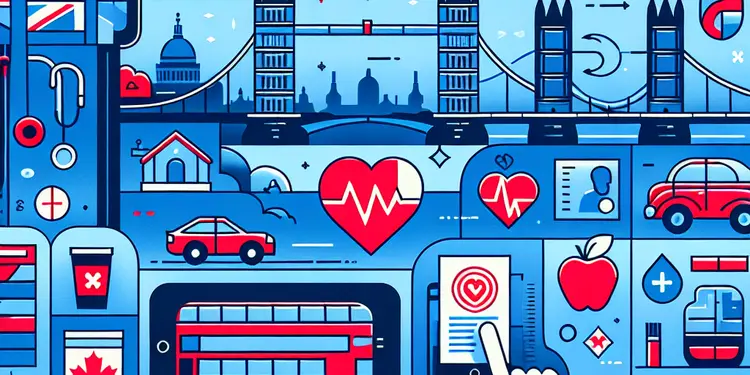
What are the risk factors for a heart attack?
Relevance: 96%
-
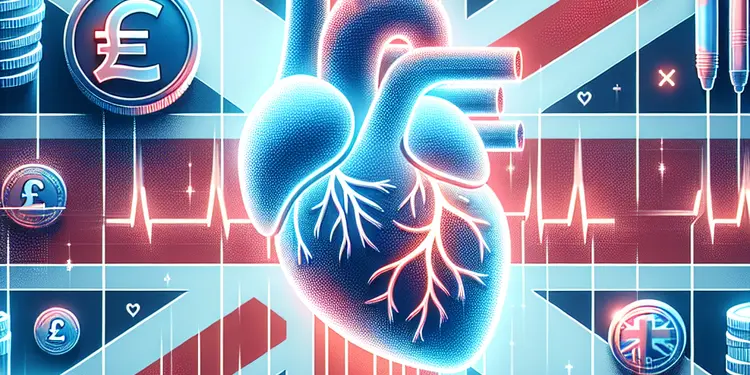
What are the long-term effects of a heart attack?
Relevance: 95%
-

How long do heart attack symptoms last?
Relevance: 92%
-

Are heart attack symptoms different for people with diabetes?
Relevance: 92%
-
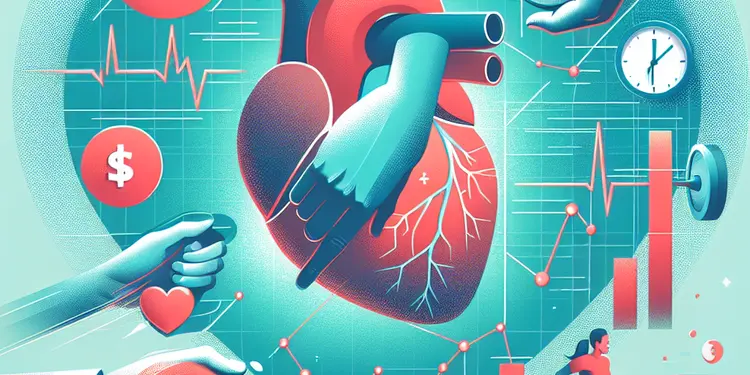
Can physical exertion trigger a heart attack?
Relevance: 91%
-

Can heart attack symptoms vary by age?
Relevance: 91%
-
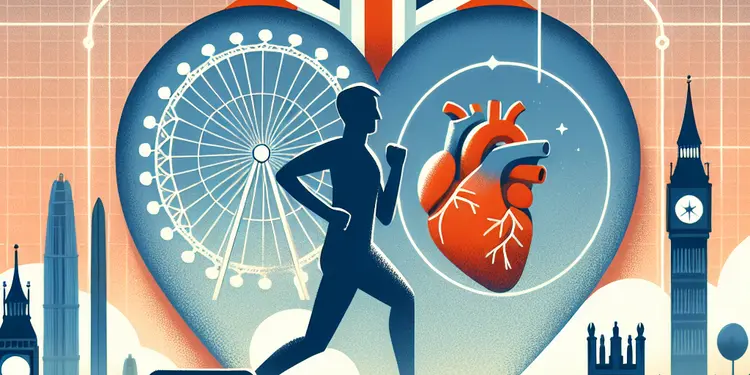
What should I do if I'm experiencing heart attack symptoms?
Relevance: 90%
-

How do beta-blockers contribute to heart attack prevention?
Relevance: 90%
-

Is it possible to have a heart attack without chest pain?
Relevance: 90%
-

Heart Attack Symptoms - Peter Dale (Tubes) | NHS
Relevance: 88%
-
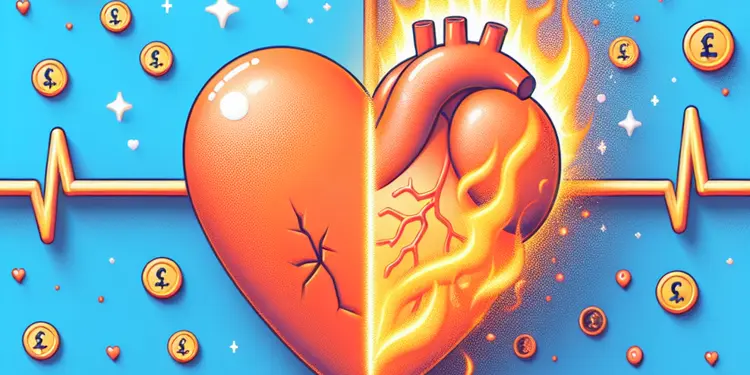
How can I differentiate between heartburn and a heart attack?
Relevance: 88%
-

Heart Attack Symptoms - Help Us Help You | NHS
Relevance: 88%
-

Do calcium channel blockers help in preventing heart attacks?
Relevance: 86%
-

What drugs are commonly prescribed to reduce the risk of heart attacks?
Relevance: 86%
-
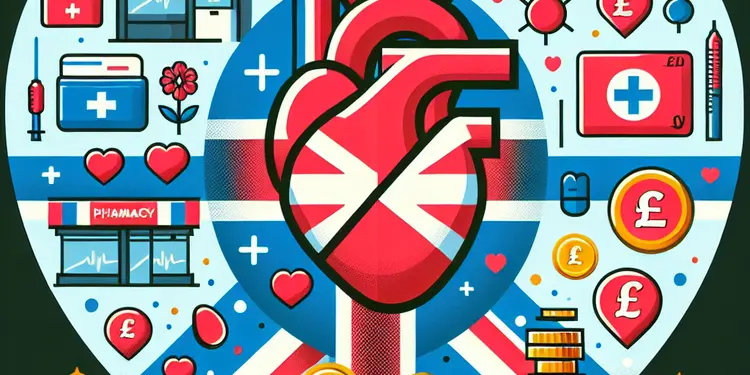
Do over-the-counter medications help in preventing heart attacks and strokes?
Relevance: 85%
-
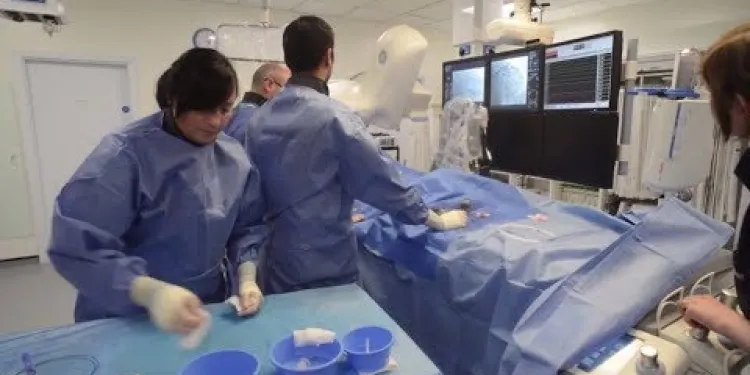
Heart attack care - Raigmore Hospital Inverness, NHS Highland
Relevance: 84%
-

Heart Attack Symptoms - Peter Dale (Tubes) | NHS - BSL version
Relevance: 84%
-

Can women have different heart attack symptoms than men?
Relevance: 84%
-
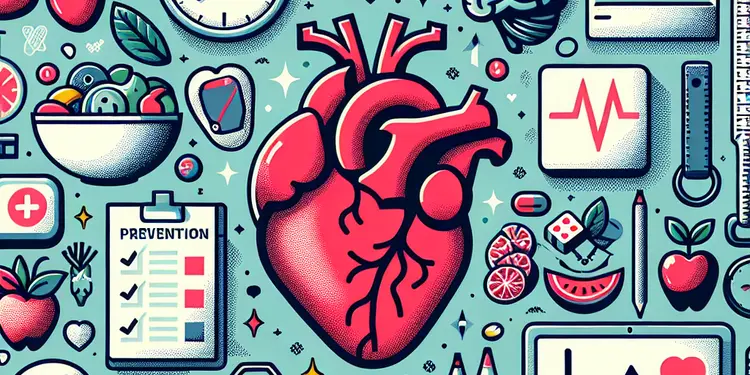
What is the role of lifestyle modification in heart attack and stroke prevention?
Relevance: 83%
-
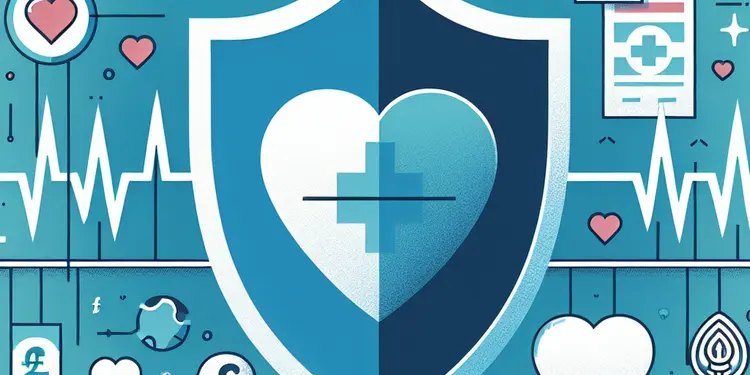
When should one start taking medication for heart attack prevention?
Relevance: 83%
-

Do all patients need medication to prevent heart attacks and strokes?
Relevance: 83%
-
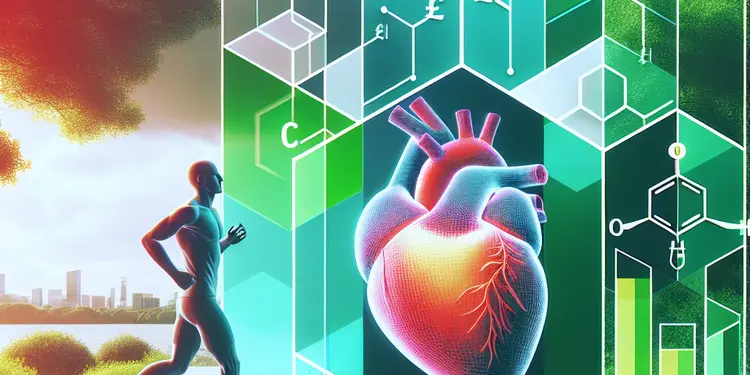
What is the role of PCSK9 inhibitors in heart attack prevention?
Relevance: 80%
-

Can diabetes medications also help reduce heart attack risk?
Relevance: 79%
-
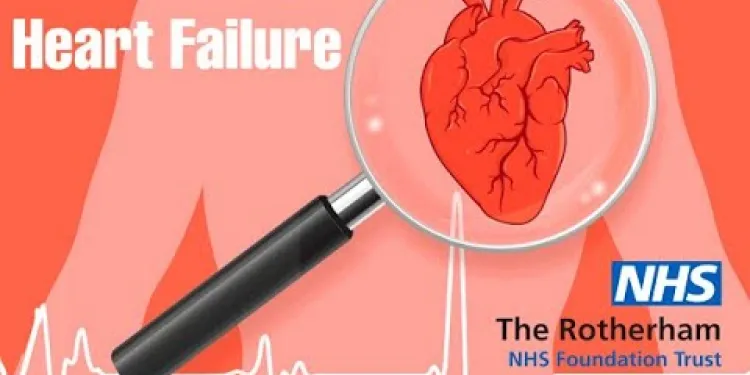
Heart Failure : When the heart becomes stiff?
Relevance: 64%
-
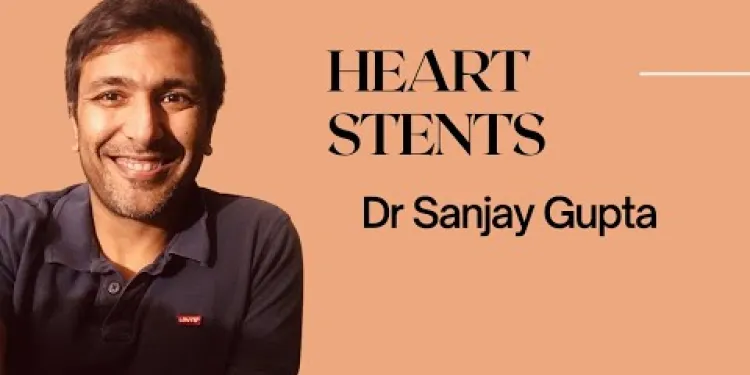
Heart stents
Relevance: 62%
-
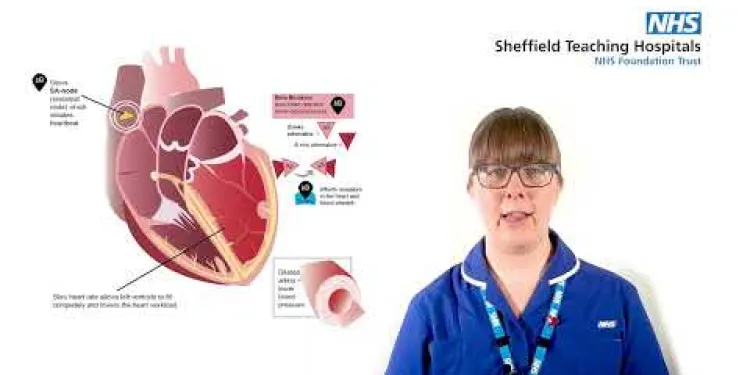
Medicines of the heart
Relevance: 62%
-

Heart Failure : The normal heart
Relevance: 61%
-
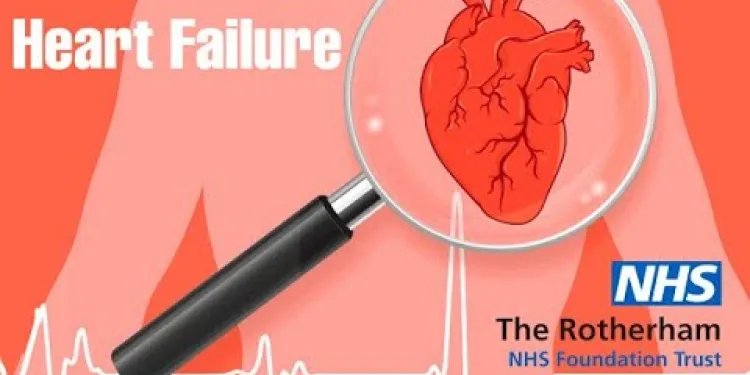
Heart Failure : What is heart failure?
Relevance: 61%
-
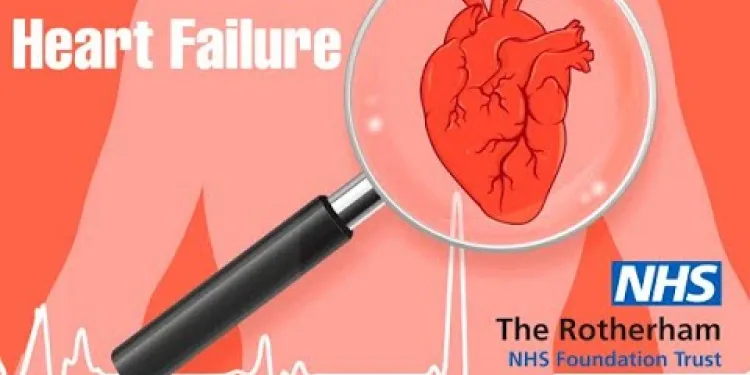
Heart Failure : Heart failure that cannot pump
Relevance: 60%
-
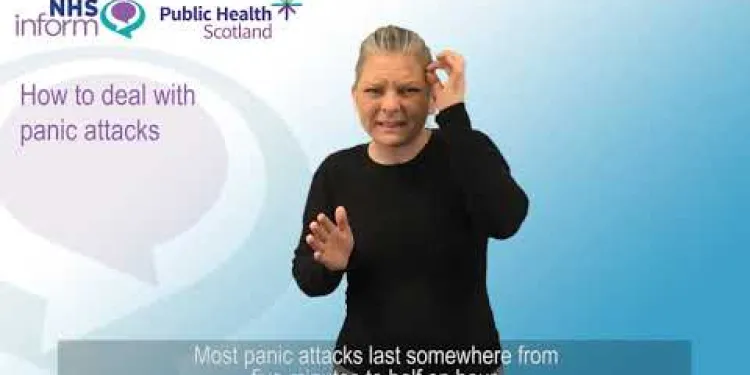
BSL - How to deal with panic attacks
Relevance: 60%
-

What causes heart failure?
Relevance: 59%
-
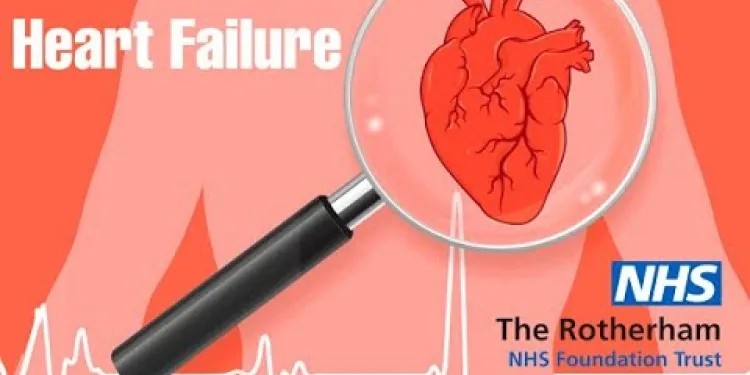
Heart Failure : Symptoms of heart failure
Relevance: 58%
-

Are there any natural supplements that can help prevent heart attacks?
Relevance: 58%
-

Heart failure introduction
Relevance: 57%
-

Are there different types of heart failure?
Relevance: 55%
-
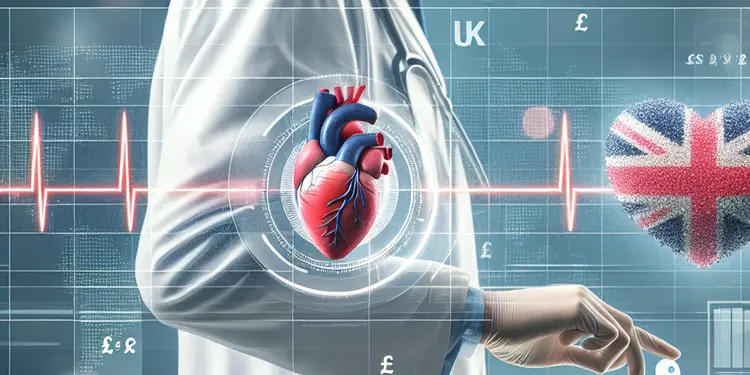
How is heart failure diagnosed?
Relevance: 55%
-
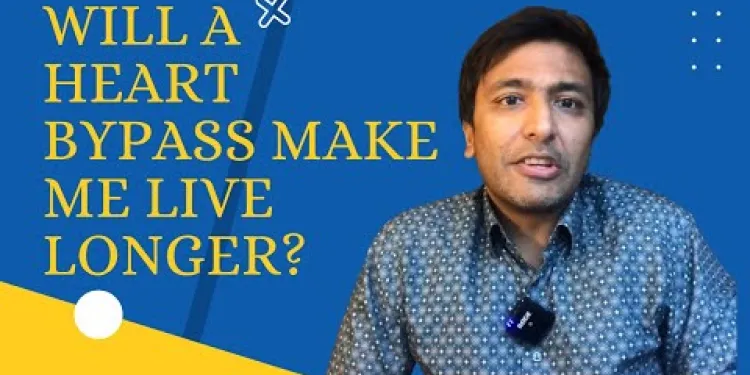
Will a heart bypass make me live longer?
Relevance: 54%
Heart Attack Stories | NHS
Introduction
Heart attacks are sudden, life-threatening events that can strike without warning. Understanding the experiences of those who have survived a heart attack provides valuable insights and can help others recognize the symptoms early. The National Health Service (NHS) in the United Kingdom plays a crucial role in educating the public and offering support during these critical times.Personal Accounts of Heart Attacks
Personal stories of heart attack survivors highlight both the common and unique aspects of these medical emergencies. For example, John, a 55-year-old from Manchester, experienced sudden chest pain while mowing his lawn. He thought it was just indigestion, but within minutes, the pain radiated to his left arm and jaw. Thanks to his wife recognizing the symptoms as a potential heart attack, they promptly called 999, and paramedics arrived swiftly. John's prompt treatment, including the administration of aspirin and later a stent insertion, saved his life.Recognition and Symptoms
Recognizing the symptoms of a heart attack is vital in ensuring timely medical intervention. According to the NHS, symptoms can include chest pain, shortness of breath, feeling weak, lightheaded, or faint, and a overwhelming sense of anxiety, similar to a panic attack. These symptoms can vary, and not all heart attacks present with severe chest pain; some may only experience mild discomfort, which is why understanding these stories can be crucial for early detection.The Role of NHS in Heart Attack Management
The NHS is instrumental in managing heart attacks from emergency response to rehabilitation. Their services include rapid emergency response teams, specialized cardiac units, and comprehensive rehabilitation programs. Patients like Sarah, a 63-year-old from London, recount receiving immediate care from a well-coordinated NHS team who performed life-saving procedures en route to the hospital and continued with personalized rehabilitation therapy, helping her regain strength and confidence post-heart attack.Preventative Measures and Education
The NHS also emphasizes the importance of preventative measures. Education on lifestyle changes, including quitting smoking, maintaining a healthy diet, regular exercise, and managing stress, are key topics. Heart attack stories often reflect on these lifestyle factors, highlighting how even small changes can make a significant difference. James, a 48-year-old from Birmingham, shares how his heart attack became a wake-up call, prompting him to adopt a healthier lifestyle that not only improved his heart health but also his overall well-being.Conclusion
Heart attack stories serve as powerful reminders of the importance of recognizing symptoms, seeking immediate medical help, and making lifestyle changes to prevent future incidents. The NHS provides robust support and resources, ensuring that patients receive the best possible care. Through sharing personal experiences, survivors help educate and inspire others to take heart health seriously and to remain vigilant in the face of potential heart attack symptoms.Heart Attack Stories | NHS
Introduction
Heart attacks can happen suddenly and are very serious. Learning from people who had a heart attack can help others know what to look for. The NHS in the UK helps teach people and offers support during these times.Personal Accounts of Heart Attacks
Stories from people who survived a heart attack show what it was like for them. For example, John, who is 55 and from Manchester, felt chest pain while cutting the grass. He thought it was just a stomach ache, but the pain soon moved to his left arm and jaw. His wife realized it was a heart attack and called 999. Paramedics came quickly. John got the right treatment because his wife acted fast.Recognition and Symptoms
Knowing the signs of a heart attack can help you get help fast. The NHS says symptoms include chest pain, trouble breathing, feeling weak, dizzy, or scared like a panic attack. Not everyone has strong chest pain. Some just feel a little uncomfortable. Learning about these signs can help you act quickly.The Role of NHS in Heart Attack Management
The NHS is very important in helping people with heart attacks. They have teams that respond fast, special heart units, and programs to help you get better after. Sarah, who is 63 and from London, tells how the NHS team helped her from the moment they arrived to when she got better with therapy.Preventative Measures and Education
The NHS also teaches how to prevent heart attacks. They talk about quitting smoking, eating healthy, exercising, and handling stress. These changes can help a lot. James, 48 from Birmingham, says his heart attack made him change his life. He eats better and exercises more, and now he feels much healthier.Conclusion
Stories about heart attacks remind us to know the signs, get help quickly, and change our lifestyle to prevent them. The NHS gives great care and resources. By sharing their stories, survivors teach us to take care of our hearts and watch for any heart attack signs.Frequently Asked Questions
What are the common symptoms of a heart attack?
Common symptoms of a heart attack include chest pain or discomfort, shortness of breath, feeling weak or lightheaded, and pain or discomfort in the jaw, neck, back, or arms.
What should I do if I suspect someone is having a heart attack?
If you suspect someone is having a heart attack, call 999 immediately for an ambulance. While waiting for the ambulance, help the person to sit down and stay calm. If they are not allergic, you can give them an aspirin to chew slowly.
How can heart attacks be prevented?
Heart attacks can be prevented by maintaining a healthy diet, exercising regularly, avoiding smoking, managing stress, and keeping conditions like diabetes, high blood pressure, and high cholesterol under control.
Are heart attack symptoms different for men and women?
Yes, women may experience symptoms like nausea, vomiting, back or jaw pain that are less common in men. Both men and women can have the classic symptom of chest pain, but women should be aware of these additional symptoms.
Can young people have heart attacks?
Yes, while heart attacks are more common in older adults, young people can also have heart attacks, especially if they have risk factors such as smoking, obesity, or a family history of heart disease.
What are the risk factors for a heart attack?
Risk factors for a heart attack include smoking, high blood pressure, high cholesterol, obesity, physical inactivity, diabetes, and a family history of heart disease.
What is the treatment for a heart attack?
Treatment for a heart attack may include medication, lifestyle changes, and procedures like angioplasty or coronary artery bypass surgery to restore blood flow to the heart muscle.
What lifestyle changes can help reduce the risk of a heart attack?
Lifestyle changes that can reduce the risk of a heart attack include eating a healthy diet, exercising regularly, quitting smoking, maintaining a healthy weight, reducing alcohol intake, and managing stress.
Can stress cause a heart attack?
Chronic stress can contribute to heart disease and increase the risk of a heart attack. Managing stress through techniques like exercise, meditation, and talking to a professional can help reduce this risk.
Is it safe to exercise after a heart attack?
Yes, but it is important to follow your doctor’s guidance. Cardiac rehabilitation programs can help tailor exercise plans safely for individuals recovering from a heart attack.
How long does it take to recover from a heart attack?
Recovery time varies depending on the severity of the heart attack and individual health. Some people may recover within a few weeks, while others may take several months and require lifestyle changes and rehabilitation.
Can heart attacks be hereditary?
Yes, a family history of heart disease can increase your risk of a heart attack. It is important to be aware of your family’s medical history and take preventive measures.
Are there any warning signs before a heart attack?
Some people may experience warning signs like chest pain (angina), shortness of breath, or fatigue days or weeks before a heart attack. However, not everyone has these warning signs.
How is a heart attack diagnosed?
A heart attack is diagnosed using a combination of medical history, physical examination, electrocardiogram (ECG), blood tests, and imaging tests like an angiogram.
What is the role of aspirin in a heart attack?
Aspirin can help reduce blood clotting and is often given during a heart attack to help improve blood flow to the heart. It should be taken only if advised by a medical professional, especially if you have known allergies or contraindications.
What are the common signs of a heart attack?
A heart attack is when the heart has a problem. Here are some signs that someone might be having a heart attack:
- They might have pain or feel tight in their chest.
- The pain could go to their arms, neck, or back.
- They might feel out of breath or have trouble breathing.
- They could feel sick to their stomach or actually throw up.
- They might feel very tired or dizzy.
If you think someone is having a heart attack, call for help right away. Doctors can help them feel better.
Pictures, videos, and simple words can help you learn more about heart attacks. You can ask a family member or friend to help you read and understand this information.
When someone has a heart attack, they might feel a tight or hurting feeling in the chest. They could also have trouble breathing. They might feel very weak or dizzy. They could have pain in their jaw, neck, back, or arms too.
If you think someone is having a heart attack, call for help right away. It is very important to get help fast.
Using simple tools like picture cards can help remember these signs. Talking about these symptoms with someone you trust can also make it easier to understand.
What to Do if You Think Someone Has a Heart Attack
If you think someone is having a heart attack, here is what you can do to help:
- Call 911 right away. An ambulance can help the person quickly.
- Stay calm and try to keep the person calm too.
- Help them sit down and rest.
- Make sure they are comfortable.
- You can help them take their medication if they have heart pills.
Talking slowly and telling them help is coming can also help. You are doing your best to help them feel better.
Using pictures or notes can help you remember these steps. You can practice calling 911 so you feel ready if it happens.
If you think someone is having a heart attack, call 999 right away to get an ambulance. While you wait for the ambulance, help the person sit down and keep calm. If they are not allergic to it, you can give them an aspirin to chew slowly.
Here are some tips to make sure everything goes smoothly: - Stay with the person and talk to them in a calm voice. - Remember to check if they have any medicine they need to take. - Use simple words when talking to them. - Try using a phone app that can help you know what to do, like a first aid app.How can we stop heart attacks?
You can stop heart attacks from happening. Here's how:
- Eat healthy food.
- Exercise often.
- Don't smoke.
- Keep calm and manage stress.
- Take care of your body, especially if you have diabetes, high blood pressure, or high cholesterol.
Doing these things can help keep your heart healthy. You can also use apps or talk to a doctor for more help.
Do men and women feel heart attack signs differently?
Yes, women can feel sick and throw up. They might also have pain in their back or jaw. These things do not happen as much to men.
Both men and women can feel pain in their chest. But women should pay attention to these other feelings too.
If things get confusing, using picture cards or talking to a helper can make it easier.
Can young people have heart attacks?
Yes, young people can have heart attacks, but it is rare. A heart attack happens when blood cannot get to the heart. This can cause pain and other problems.
If you feel chest pain or are worried, tell a grown-up or see a doctor.
To stay healthy, try to eat good foods, move your body, and see a doctor for check-ups.
Some tools that can help read or understand better are:
- Reading apps with read-aloud features
- Using pictures or videos
- Talking with someone who can help explain
Yes, heart attacks usually happen more to older adults. But young people can have heart attacks too. This is more likely if they smoke, are very overweight, or if heart disease runs in their family.
Here are some tools and tips to help:
- Use picture books about health to learn more.
- Watch simple videos about how the heart works.
- Talk to a doctor if you have questions or worries.
What can cause a heart attack?
Some things can make it more likely for a person to have a heart attack. These are:
- Being very overweight
- Not exercising much
- Smoking cigarettes
- Eating lots of unhealthy food
- Having too much stress
- High blood pressure
- High cholesterol
- Having diabetes
- Family members who had heart problems
- Getting older
To understand better, you can use tools like pictures or videos. Asking a helper or using simple apps can also be useful.
Things that make a heart attack more likely are smoking, having high blood pressure, high cholesterol, being very overweight, not exercising, having diabetes, and if people in your family have had heart problems.
How do doctors help if someone has a heart attack?
If someone has a heart attack, doctors will help them feel better. Here are some ways doctors can help:
- Give medicine to make the heart stronger.
- Use a special machine to help the heart beat correctly.
- Sometimes, doctors do surgery to fix the heart.
If you want to know more about heart attacks and how to stay healthy, you can:
- Ask your doctor to explain it in a simple way.
- Read helpful books with pictures.
- Watch videos that show you how to take care of your heart.
Remember, it is always okay to ask questions if you don’t understand something!
If someone has a heart attack, they might get help in a few different ways. They could take medicine, change how they live, or have special doctor treatments. These treatments might include opening up blocked heart pipes or having heart surgery to help blood move better inside their heart.
How can I make my heart healthy and strong?
Here are some simple ideas to keep your heart safe:
- Eat healthy food: Try to eat more fruits and vegetables. They are good for your heart.
- Move your body: Play, dance, or go for walks. Any activity can make your heart happy.
- Drink water: Water is good for you. Try to drink it every day.
- Sleep well: Sleeping helps your heart rest and stay strong. Try to sleep every night.
- Stay calm: Try deep breathing or talking to family when you feel worried.
Using pictures or making a chart can help you remember these steps!
There are things you can do to keep your heart healthy and lower the chance of a heart attack.
- Eat healthy foods.
- Exercise often.
- Stop smoking.
- Stay at a healthy weight.
- Drink less alcohol.
- Find ways to relax to help with stress.
These changes can help your heart. Talking with a doctor, using a planner, or setting reminders might help you make these changes.
Can stress cause a heart attack?
Feeling very worried or stressed can be bad for your heart.
If you are stressed a lot, it can sometimes lead to a heart attack.
It's good to find ways to relax and feel calm.
Try these things to help with stress:
- Take deep breaths
- Go for a walk
- Talk to a friend or family
- Listen to music
Being stressed all the time can be bad for your heart. It might even cause a heart attack. Doing things like exercise, meditation, and talking to someone who can help can lower this risk.
Can I exercise after having a heart attack?
If you had a heart attack, ask your doctor about exercising. It can be safe with their advice. It might help your heart get stronger. Start slow and do a little bit at a time.
Here are some things that can help:
- Talk to your doctor first.
- Start with light exercises like walking.
- Listen to your body. If you feel tired, stop and rest.
- Join a class or group with other people who had heart problems.
Yes, you can. It is important to listen to your doctor. Exercise programs can help people who are getting better after a heart attack. These programs make safe exercise plans for each person.
How long does it take to get better after a heart attack?
After a heart attack, people need time to feel better. This can be different for everyone.
Most people start feeling better in a few weeks. But it can take longer, like a few months, to feel strong again.
To help get better, you can:
- Talk to your doctor. They know how to help you.
- Take your medicine. It can make you feel better.
- Eat healthy food. This helps your body heal.
- Do gentle exercise. This can make your heart stronger.
- Get lots of rest. Your body needs sleep to heal.
- Ask family and friends for help. They can support you.
- Try to stay happy and relaxed. This is good for your heart.
Everyone is different. Be patient and kind to yourself as you heal.
How long it takes to get better after a heart attack depends on how bad it was and how healthy the person is. Some people get better in a few weeks. Others might need a few months to feel better and might need to change how they live and do special exercises.
Can heart attacks run in families?
Yes, heart attacks can run in families. This means if your parents or grandparents had heart attacks, you might have a higher chance too. It's important to know your family's health history.
To stay healthy, you can:
- Eat fruits and vegetables
- Exercise regularly
- Visit your doctor for check-ups
If you want to learn more, ask a doctor or a nurse for help. They can explain things in a way that is easy to understand.
If your family members had heart problems, you might have a higher chance of having heart problems too. It is important to know if anyone in your family had heart disease. You can do things to stay healthy and protect your heart.
What are the warning signs before a heart attack?
A heart attack is when the heart gets very sick. Here are some warning signs:
- Feeling pain or pressure in your chest.
- Feeling weak, light-headed, or faint.
- Having a pain in your neck, back, or jaw.
- Having pain or discomfort in your shoulder or arm.
- Having trouble breathing.
If you feel any of these signs, tell an adult or call for help right away. It's important to get help quickly.
You might want to have a chart with pictures of these signs. It can help you remember what to look for.
Some people might feel warning signs before a heart attack. They might feel chest pain, which is called angina. They might feel out of breath or very tired. These signs can happen days or weeks before a heart attack. But not everyone will feel these signs.
How do doctors find out if someone has a heart attack?
A doctor can find out if someone had a heart attack by doing a few things. They ask about your health history, check your body, use a special machine called an electrocardiogram (ECG) to look at your heart, and take blood tests. They might also do an imaging test called an angiogram to see your heart better.
What does aspirin do during a heart attack?
Aspirin can help if someone is having a heart attack. It makes the blood less sticky and helps it flow better.
If you think someone is having a heart attack, call for help right away.
Medicine like aspirin can help, but a doctor needs to see them too.
Aspirin can help if you are having a heart attack. It helps the blood flow better to your heart. But only take aspirin if a doctor tells you it's okay. This is important if you have allergies or other health problems.
Useful Links
This website offers general information and is not a substitute for professional advice.
Always seek guidance from qualified professionals.
If you have any medical concerns or need urgent help, contact a healthcare professional or emergency services immediately.
Some of this content was generated with AI assistance. We’ve done our best to keep it accurate, helpful, and human-friendly.
- Ergsy carfully checks the information in the videos we provide here.
- Videos shown by Youtube after a video has completed, have NOT been reviewed by ERGSY.
- To view, click the arrow in centre of video.
- Most of the videos you find here will have subtitles and/or closed captions available.
- You may need to turn these on, and choose your preferred language.
- Go to the video you'd like to watch.
- If closed captions (CC) are available, settings will be visible on the bottom right of the video player.
- To turn on Captions, click settings .
- To turn off Captions, click settings again.
More Items From Ergsy search
-

Heart Attack Stories | NHS
Relevance: 100%
-

Is it possible to prevent a heart attack?
Relevance: 100%
-

Heart Attack Stories | NHS
Relevance: 99%
-

What are the risk factors for a heart attack?
Relevance: 96%
-

What are the long-term effects of a heart attack?
Relevance: 95%
-

How long do heart attack symptoms last?
Relevance: 92%
-

Are heart attack symptoms different for people with diabetes?
Relevance: 92%
-

Can physical exertion trigger a heart attack?
Relevance: 91%
-

Can heart attack symptoms vary by age?
Relevance: 91%
-

What should I do if I'm experiencing heart attack symptoms?
Relevance: 90%
-

How do beta-blockers contribute to heart attack prevention?
Relevance: 90%
-

Is it possible to have a heart attack without chest pain?
Relevance: 90%
-

Heart Attack Symptoms - Peter Dale (Tubes) | NHS
Relevance: 88%
-

How can I differentiate between heartburn and a heart attack?
Relevance: 88%
-

Heart Attack Symptoms - Help Us Help You | NHS
Relevance: 88%
-

Do calcium channel blockers help in preventing heart attacks?
Relevance: 86%
-

What drugs are commonly prescribed to reduce the risk of heart attacks?
Relevance: 86%
-

Do over-the-counter medications help in preventing heart attacks and strokes?
Relevance: 85%
-

Heart attack care - Raigmore Hospital Inverness, NHS Highland
Relevance: 84%
-

Heart Attack Symptoms - Peter Dale (Tubes) | NHS - BSL version
Relevance: 84%
-

Can women have different heart attack symptoms than men?
Relevance: 84%
-

What is the role of lifestyle modification in heart attack and stroke prevention?
Relevance: 83%
-

When should one start taking medication for heart attack prevention?
Relevance: 83%
-

Do all patients need medication to prevent heart attacks and strokes?
Relevance: 83%
-

What is the role of PCSK9 inhibitors in heart attack prevention?
Relevance: 80%
-

Can diabetes medications also help reduce heart attack risk?
Relevance: 79%
-

Heart Failure : When the heart becomes stiff?
Relevance: 64%
-

Heart stents
Relevance: 62%
-

Medicines of the heart
Relevance: 62%
-

Heart Failure : The normal heart
Relevance: 61%
-

Heart Failure : What is heart failure?
Relevance: 61%
-

Heart Failure : Heart failure that cannot pump
Relevance: 60%
-

BSL - How to deal with panic attacks
Relevance: 60%
-

What causes heart failure?
Relevance: 59%
-

Heart Failure : Symptoms of heart failure
Relevance: 58%
-

Are there any natural supplements that can help prevent heart attacks?
Relevance: 58%
-

Heart failure introduction
Relevance: 57%
-

Are there different types of heart failure?
Relevance: 55%
-

How is heart failure diagnosed?
Relevance: 55%
-

Will a heart bypass make me live longer?
Relevance: 54%


